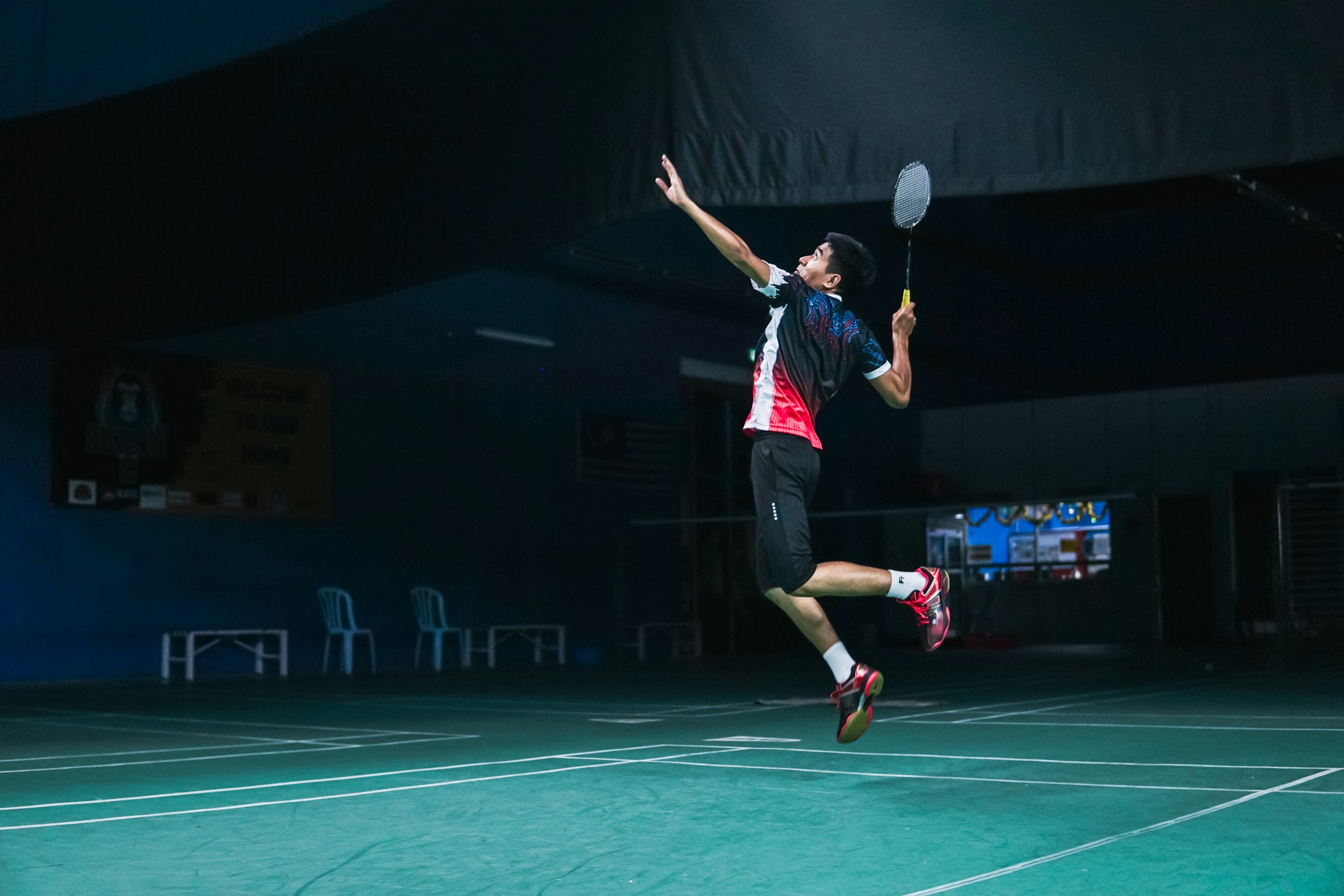Reinforcing organisational integrity in sport
The failings of national and international sport federations are regularly in the spotlight, so there is a need to reinforce the integrity of sports organisations by taking measures to ensure better governance and greater transparency in the way these institutions work. An article by Colin MIEGE, President of the Sport and Citizenship Think Tank Scientific Committee.
 On both the national and international level, sports organisations are marked by the private initiatives in place at their inception. Pierre de Coubertin defined the fundamental principles of the autonomy of the sports movement and of its independence in the face of pressure that could be applied by States. The importance of this distancing from politics has been proved by the numerous attempts by States to exploit sport and submit it to ideological aims which have been seen throughout the 20th century. In the current context of rising geopolitical tensions, certain non-democratic regimes continue to exert control over their national sporting organisations and athletes.
On both the national and international level, sports organisations are marked by the private initiatives in place at their inception. Pierre de Coubertin defined the fundamental principles of the autonomy of the sports movement and of its independence in the face of pressure that could be applied by States. The importance of this distancing from politics has been proved by the numerous attempts by States to exploit sport and submit it to ideological aims which have been seen throughout the 20th century. In the current context of rising geopolitical tensions, certain non-democratic regimes continue to exert control over their national sporting organisations and athletes.
However necessary it is, the principle of autonomy behind the sports movement since it began should not be used to justify governance and practices which deviate from prevailing standards of integrity, morality and transparency in the Western world today. With its increasingly clear concern about the abuses to be seen in certain international sporting organisations, including football, the Council of Europe has defended this position with great constancy since the seventies. Thus it was that in 2018 a Resolution from the Parliamentary Assembly: “Towards a framework for modern sports governance” was followed by a Recommendation on promoting good governance in sport. The text from the Parliamentary Assembly denounces in round terms “the lack of transparency and accountability in major sporting bodies” and states: “The failures are systemic and call for a major overhaul of sports governance structures and practice”. It also stresses that “autonomy implies responsibility and should be granted only where there is good governance in practice”. It goes on to say “that the sports movement cannot be left to resolve its failures alone.
It needs to accept to take on board new stakeholders to embrace the necessary reforms”. Such a lack of confidence has rarely been so openly expressed by an international body… This position probably had an influence on the formulation of the Revised European Sports Charter, adopted in October 2021, where article 8 dealing with integrity in sport demands a commitment to “inspire a governance of sport that is compliant with the principles of transparency, integrity, democracy, development and solidarity, which should be secured by checks and balances and control mechanisms”.
Towards an ISO certification standard for sport governance?
 The concern continues then, although there are a host of charters and codes of ethics and conduct and all kinds of other prescriptive documents which turn out not to be enough to block the loopholes in governance or recurrent abuses. The key question therefore concerns control mechanisms and checks and balances. Would it be best to follow the Council of Europe Assembly, which recommends devising an ISO certification standard for the governance of sporting organisations?
The concern continues then, although there are a host of charters and codes of ethics and conduct and all kinds of other prescriptive documents which turn out not to be enough to block the loopholes in governance or recurrent abuses. The key question therefore concerns control mechanisms and checks and balances. Would it be best to follow the Council of Europe Assembly, which recommends devising an ISO certification standard for the governance of sporting organisations?
They also think it would be a good idea to develop an agreement on good governance in sport, based on the same harmonised criteria of good governance. As for checks and balances, there are many who think, like the former French Minister for Sport,
Marie-George Buffet, that the sports movement is weakened because it is inward-looking and finds it hard to get to grips with the societal, social and ethical demands of our time. This can be seen internationally as well, and raises doubts about the sports movement’s capacity to accept the creation of an external organisation entrusted with this control. What supranational body would have the necessary legitimacy to take on this task? What sanctions could be applied in the case of failure? Would the IOC, whose role this is partly, be willing to share its skills with another body? In passing, it is worth noting that the European Union Court of Justice, by declaring certain restrictive practices within international federations incompatible with EU law, has put an end to some abuses, and perhaps involuntarily does play the role of regulator for the sports movement, at least on the economic front.
At the start, when sport was played by a minority of privileged people, it was not too surprising that it remained in the private domain. Its global expansion and its generalisation in the whole of society, along with its public interest aims and the social role assigned to it, have made sport a common possession which must be managed in an exemplary fashion, with respect for the values on which the European sports model is based.
This complex task falls equally on the sports movement itself and the States and political authorities entrusted with the public good.
 This article was published in the magazine Sport and Citizenship n°57 : protecting sport integrity
This article was published in the magazine Sport and Citizenship n°57 : protecting sport integrity







 INSCRIPTION
INSCRIPTION CONTACT
CONTACT FACEBOOK
FACEBOOK